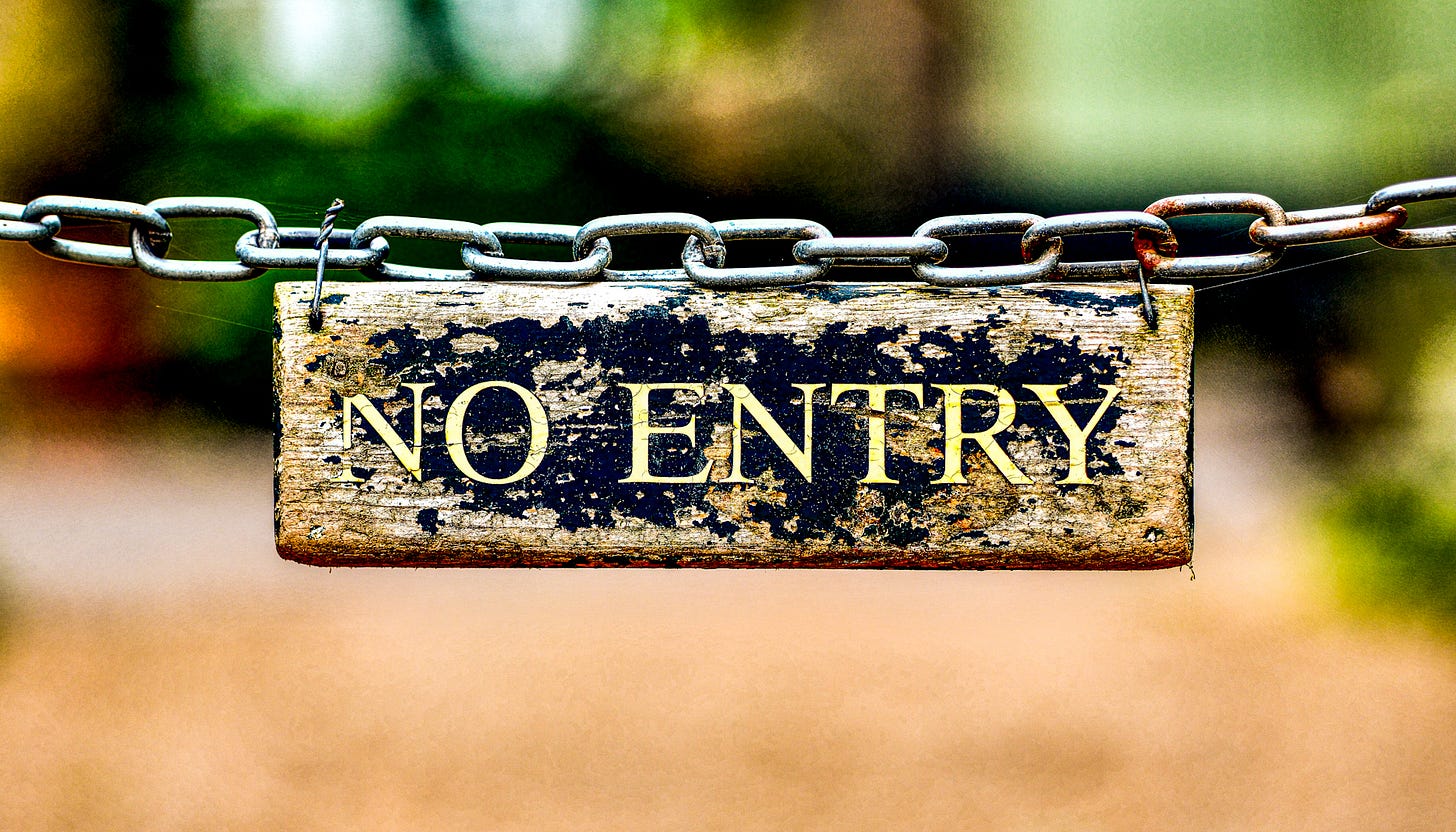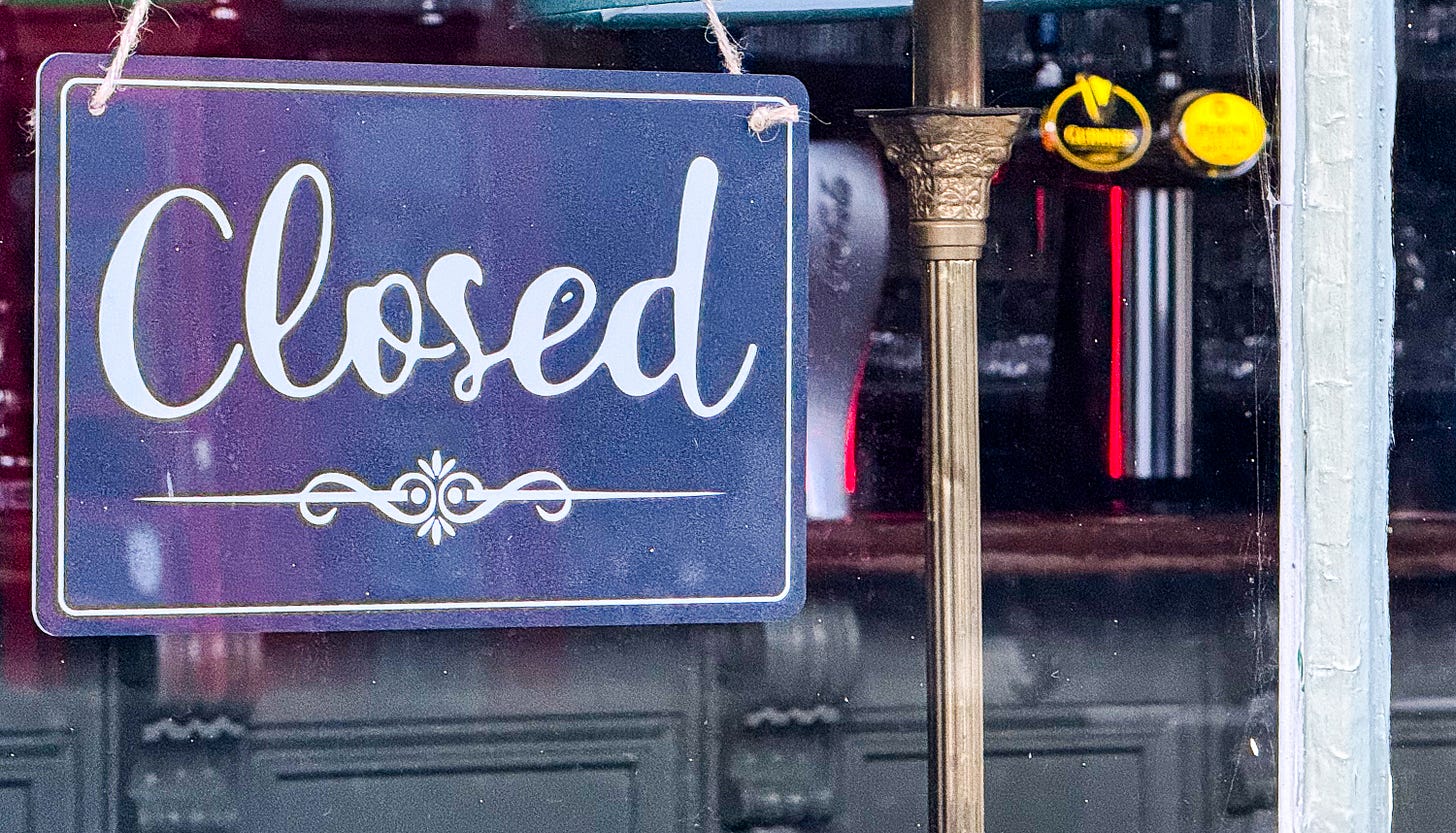Are we drinking less wine?
… or is it only the young …
There has been fair amount of media coverage devoted to the issue surrounding the overall decline in wine consumption, particularly amongst the young, over the last couple of years.
As one marketing director of a wine importer stated earlier this year in a trade rag, “Research shows that wine is attracting fewer young adults, and that this group is actively moderating its alcohol intake, looking for lighter alternatives.”
However, there seems to be somewhat differing views on the reasons for this change in lifestyle, although the statistics from research companies does provide a clear picture that overall global alcoholic consumption is in decline, I thought a missive on the subject might be interesting. Therefore, to consider the issues here, this missive will look at recent press coverage and the supporting evidence provided in those articles; the data relating to alcohol consumption; and if the young are not drinking, then why that might be the case?
Let’s start with a few facts. Total global wine consumption in 2023 was the lowest this century. Overall alcohol consumption in the world’s largest market, USA, is at the lowest point since 1962. The International Organisation of Vine and Wine (OIV) continually monitors vineyard and consumption data, and although 2023 was a low point, it was roughly the same volume of wine as the consumption in 2000. There was a peak in 2007 from around 250m hectolitres to 220m hectolitres in 2023, so a decline of 12% over the 16 year period. Most markets would consider that significant.
In the OIV’s latest report looking at figures for 2023, the EU accounts for 48% of the world’s consumption and had only declined by 1.8% from the previous year. The UK, ranked fifth globally, saw a 2.9% decrease in wine consumption. China, the largest consumer in Asia, saw wine consumption plummet by 24.7% in 2023. Therefore, although there is a decline both in the UK and EU, are there other factors in play at the moment such as the cost of living crisis and consumer confidence than a long-term decline?
A recent FT article headlined, ‘French red wine in existential decline as young tastes change’, was penned by Adrienne Klasa, their Paris correspondent. Quoting from Bordeaux’s trade body, CIVB, total wine consumption is down 80 per cent in France since 1945. An observation from a board member concluded, “With every generation in France we see the change. If the grandfather drank 300 litres of red wine per year, the father drinks 180 litres and the son, 30.” Let’s just put that into perspective: 300 litres per year is very enthusiastic, and perhaps a decline over the last 80 years was a fairly natural progression.
There is additional data from a recent NHS survey. 28% of 16-24 males in 2022 were non-drinkers compared to 18% in 2011. Females, in the same age category, saw an increase from 21% in 2011 to 24% in 2022. All non-drinking men represented 14% in 2011 and now accounted for 17%, with females moving from 20% to 22%. The UK’s population has become more diverse, and certain cultural and religious backgrounds discourage alcohol consumption. Also, there’s less stigma around not drinking, and being sober is now more socially acceptable, plus non-alcoholic options (mocktails, 0% beer) are widely available, making it easier to avoid alcohol without feeling left out. Perhaps the heavy drinking, "lads on tour" mentality that was common in the 90s and early 2000s has been replaced with an emphasis on self-improvement, emotional intelligence, and responsible behaviour?
However, a different assessment has been put forward by an analyst at Barclays, quoted in the FT, “We suspect Gen Z’s relatively low absolute spend on alcohol has more to do with the group’s lower earnings profile. As earnings increase, we think it is reasonable to expect alcohol spend to rise with it.” This comment was supported by Alexandre Ricard, chief executive of French spirits group Pernod Ricard, “The biggest part of the moderation we are currently seeing . . . is economic-driven moderation”. But then, to misquote Mandy Rice-Davies, “Well he would say that, wouldn't he?"
The cost of alcohol, especially in pubs, restaurants and clubs, has risen significantly over the last few years, making drinking less affordable for young people. Many seem to prioritise spending on experiences, travel, or fitness rather than nights out. Interestingly, the consumer price of wine, according to ONS, has risen by 11.9% between 2014 and 2025. The cost of non-alcoholic beverages has risen by 35.8% in the same period. A profitable response to the changing market?
Both of these positions are supported by a recent report by the Wine Market Council assessed by Forbes, ‘so despite previous reports of Millennials not adopting wine as much as other generations, it appears that as they enter their 30s, millennials have increasingly embraced wine as part of their lifestyle.’ This is mirrored by a quote from industry research company, IWSR, ‘Despite younger generations moderating their alcohol consumption, millennials remain highly involved in the wine category and report drinking more at a time when the average drinker is cutting their wine consumption.’
An affordability argument is being put forward, but are there other factors at work? Perhaps the combination of the younger generation wanting to live a healthier life style combined with being more focused on how they look and behave, particularly in relation to their social media profile, has had a direct impact on consumption: drink does put on the pounds.
Another element in this equation is how government and legislation might have an impact on wine consumption. Jancis Robinson penned an article in the FT last November, titled ‘Is the demonisation of alcohol justified?’, outlining how the World Health Organisation was ‘waging a war on alcohol’ and my assessment from that article was that the industry was perhaps facing its “tobacco moment”. The WHO are very specific, ‘No level of alcohol consumption is safe for our health.’ Countries are considering a collection of options. For example, there are moves in Ireland to introduce cigarette-style warning labels during 2026; the Finns have been tinkering with alcohol advertising for decades; and the Dutch are using TV ads to warn their fellow citizens of the dangers of alcohol. It is working: 65% of adults in the Netherlands are in favour of a ban on alcohol advertising.
It would be interesting to speculate how Château Mouton-Rothschild, famous for their constantly changing annual label designed by a contemporary artist, might accommodate this approach. I speculate that the French, Spanish and Italian governments might be slow in adopting these guidelines.
A Guardian article last year headlined, ‘Stuffy, unhealthy or ‘just mid’ – are young people over wine?’ and followed on with, ‘the wine industry is worried that gen Z and millennials are turning away from the grape, citing cost, health risks and alternatives such as mocktails and marijuana.’ The article quoted research in the USA from Gallup, ‘Between 2005 and 2023, the percentage of Americans who see moderate drinking as bad for you jumped from 22% to 39%.’
So to conclude. There is unequivocal evidence from around the world that the primary wine markets are seeing a decline in alcoholic consumption and, wine is a subset of that trend. However the jury is out on whether or not 18-24 year olds will change their wine habits once they are earning more, and arrive in their thirties. It would be interesting to evaluate over the coming years where the focus of the decline was taking place. One might speculate that the less expensive wines - sub-£10 per bottle - might see a greater fall than the rest of the market. The logic being that this price point is often the entry point for most consumers starting their wine journey, and if many young people are staying away from wine, then this price segment could be the most impacted. This opinion is broadly supported by a recent report by the Australian Wine Board on the UK market.
A final thought. Introducing people, of any age group, to the pleasure derived from a glass of wine should be a priority for us all!
When other data becomes available and provides an enhanced perspective, then I may revisit this topic. In the meantime, I hope you found this missive interesting. If you would like to send me your any comments on the above, then please drop me a line to mail@dappled.info.



